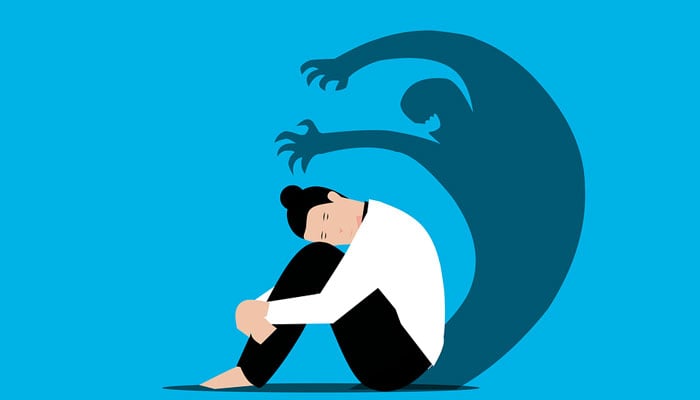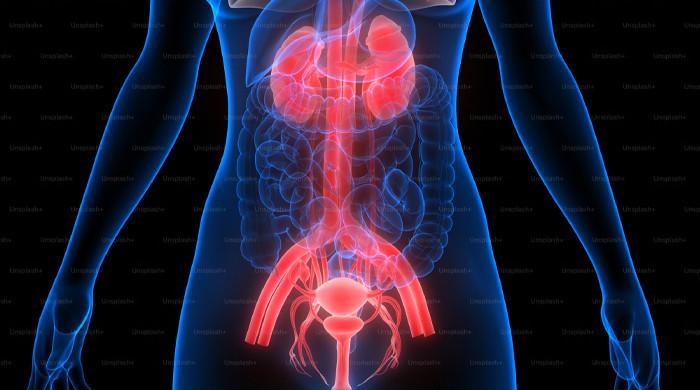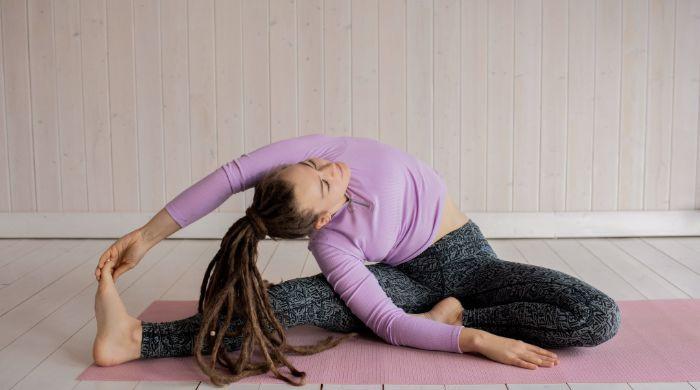Finding Peace: Most Effective ways to manage Anxiety
Read to discover strategies that can help you manage your anxiety
April 22, 2024

Anxiety can make your life challenging than it already is, causing undue stress over minor inconveniences, and making it difficult for you to focus on your work, studies or to simply enjoy your day-to-day life.
However, this article will help you discover some most effective ways to manage your anxiety so you have a calmer and a clearer mind.
Some anxiety disorders include, obsessive compulsive disorder, panic disorder, social anxiety disorder, and some specific phobias.
Other types are post-traumatic stress disorder, generalised anxiety disorder, trichotillomania/dermatillomania or body-focused repetitive behaviours), and hoarding.
Most Effective Ways to Manage Anxiety:
Some effective ways you can cope with anxiety on your own are as follows. It is pertinent to note here that you can always ask for help and consult a therapist to manage your anxiety.
1. Mindfulness
Mindfulness means to not let your mind consume itself with anxiety-provoking thoughts and focus on your present. It calms your mind and reduce worries.
2. Deep Breathing:
Correct breathing exercises can help you calm your body and mind, reducing anxiety and stress.
3. Relaxation Techniques:
Other relaxation techniques apart from breathing exercises include progressive muscle relaxation, abdominal breathing, and isometric relaxation exercises.
4. Cognitive Therapy:
It helps you changing patterns of your thinking by making you identify and challenge negative thoughts, replacing them with positive, realistic ones to manage anxiety.
5. Exercise:
Physical activity especially regular exercise is really essential to deal with anxiety symptoms. It improves mood, and enhance overall well-being.
Other effective ways to manage anxiety include dietary adjustments, behavior therapy, learning to be assertive, building self-esteem, structured problem solving, medication, and joining support groups and education.











